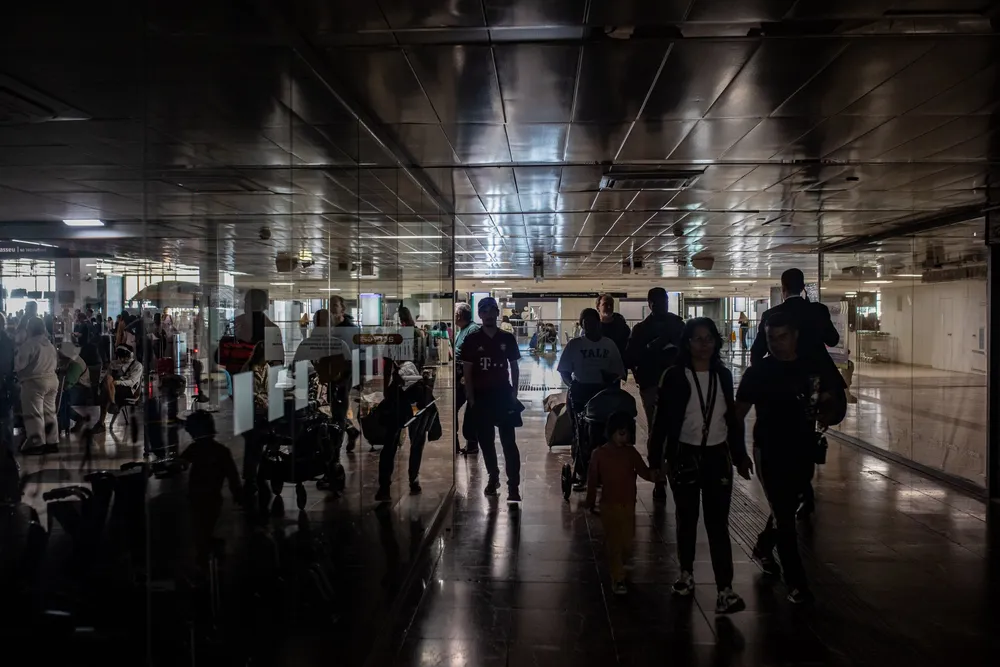Knives out for renewables as Europe remains in dark over blackouts
Wind and solar in the firing line in some quarters as authorities hunt for answers to blackout on Iberian Peninsula

The unprecedented blackouts that hit Spain and Portugal yesterday have prompted numerous knee-jerk accusations that renewable energy is to blame, as authorities scramble to identify the cause.
Both countries remain reeling from the blackouts that swept the Iberian Peninsula yesterday, bringing trains, planes and life generally to a standstill. Power has steadily been restored but authorities remain in the dark over the cause of the outage.
Speculation has naturally been rife as to the cause of the blackouts, with many questioning whether a cyberattack could be behind the incident, although politicians have said there is no indication that this is the case.
Others have, predictably, been quick to finger renewables as the culprit, with the Iberian nations both poster children of the energy transition. Spain last week hit 100% renewables on its grid for the first time, with Portugal achieving the feat several times previously.
These attacks come in a context where energy supply and the role of renewables has become more politicised than ever, with President Donald Trump in the US the most obvious example in his campaign against wind power in particular.
“I have been very disappointed, although not really surprised, to see commentators attempt to blame renewables for yesterday's blackout in Spain and Portugal,” Adam Bell, director of policy at UK consultancy Stonehaven, wrote on LinkedIn.
Much of the discussion around the role of renewables in the blackouts has centred on wind and solar’s lack of inertia – a grid’s level of resistance to changes in frequency, which are exacerbated by high levels of 'non-synchronous' generation.
“Opponents of renewables have argued that the very small fraction of fossil generators on the Spanish grid meant that there was insufficient inertia to provide a buffer,” said Bell.
“This ignores all the other sources of inertia on the grid: nuclear, hydro, and solar thermal. Spanish grid operators have sought to firm up inertia services in other ways, including building synchronous condensers.”
“A lack of inertia was therefore not the main driver for the blackout. Indeed, post the frequency event no fossil generation remained online – but wind, solar and hydro did.”
Pallavi Sethi, a policy fellow for climate change misinformation at the Grantham Research Institute in the UK, wrote that “parts of the British press are doing what they do best – spread misleading stories about renewable energy and climate policies.”
Carolina Tranchita, a professor at Frankfurt University of Applied Sciences, noted that Spain and Portugal are “particularly vulnerable” to blackouts given their position on the Iberian Peninsula, “meaning they are less interconnected with neighbouring grids compared to a country like Germany.”
“As I always explain in my classes, the topology of the grid is fundamental. Germany is highly interconnected with France, Belgium, the Netherlands, Denmark, Austria, and others.”
“In case of a grid disturbance, these cross-border links allow neighbouring countries to help stabilise” grid systems quickly, “significantly reducing the risk of widespread outages.”